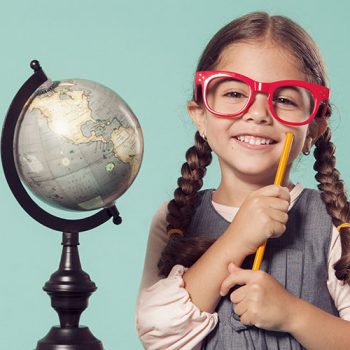The search for deeper learning
Near the end of the 2014-2015 school year, while I was a teaching principal in New Brunswick, a box of books arrived at my school. Inside the box were several children’s books, written by Indigenous authors, about First Nations’ language, stories and culture. Also included were several typed sheets that indicated in which subjects these books should be used to cover specific curriculum outcomes. That was it! No heads-up it was coming! No in-service! No cultural awareness! No support! We have much to learn about the unshared history of Canada, and teachers should be at the forefront of this learning. A box with resources and a tip sheet don’t quite cut it as rich learning and teaching resources.
Over the course of my teaching career, I have taught many First Nations students in my public school classroom since there was no on-reserve school in my area. While I ensured my students, however young, had some exposure to local First Nations culture, I realized this exposure was limited by my own lack of knowledge and understanding.
I sincerely began my learning journey about the colonization history of Canada in the fall of 2015 although I had followed with interest media coverage of the six-year path of the Truth and Reconciliation Commission (TRC). I believe it is my responsibility as a citizen of Canada to seek to learn and to understand.
When I was in Winnipeg last November to attend the opening of the National Centre for Truth and Reconciliation at the University of Manitoba, I had the opportunity of talking with a teacher who had brought a group of First Nations teenagers to the launch of the Centre’s Archive. We listened to speakers and took part in small group discussions. I also attended an event hosted by The First Nations Family & Caring Society of Canada on the ruling by the Canadian Human Rights Tribunal. However, I found myself still searching for deeper learning.
In January 2016, when Cape Breton University in Nova Scotia opened up to a wider audience its on-campus course titled Learning from Knowledge Keepers of the Mi’kma’ki, I quickly enrolled. Community members could attend the classes for free and, through a partnership with Bell Aliant, the weekly classes were livestreamed and archived, making them available to anyone with Internet access. The university’s goal was to offer its first free, online, open-access, share-with-the world Indigenous course, hoping to have at least 200 online participants.
By the second week of class, there were over 12,000 online participants from 26 different countries, and reaction and comment on the course was trending third on Twitter under #taliaqcbu. It is an understatement to say interest in the course was beyond the organizers’ wildest dreams and it signifies an increasing awareness and ‘need to learn’.
Over the course of this semester, I learned from Stephen Augustine, Dean of Unama’ki College and Aboriginal Learning at Cape Breton University and Hereditary Chief on the Mi’kmaq Grand Council, as well as from several of his guests. Although Chief Augustine is from Elsipogtog First Nation, which is only 145 kilometres from where I grew up in New Brunswick, I was now learning more about Mi’kmaq history, culture, and ways of knowing than I had learned whether as a student or a teacher.
I learned about the meaning and context of Treaties and heard first hand stories from a survivor of the Shubenacadie Indian Residential School and a woman whose sister was one of the missing and murdered indigenous women. We students learned not only of the challenges within Mi’kmaq communities but of their strengths and resilience as well.
Two quotes from the Honourable Justice Murray Sinclair are foremost in my mind. The first is his challenge for Canadians to “(r)ead the calls to action, understand them as much as you can, select one and see what you can do to make that call to action work.” The second is that “education is what got us here and education is what will get us out.”
My own education is just the beginning of my reply to that challenge. I know other teachers are doing the same.
Reconciliation through education.


